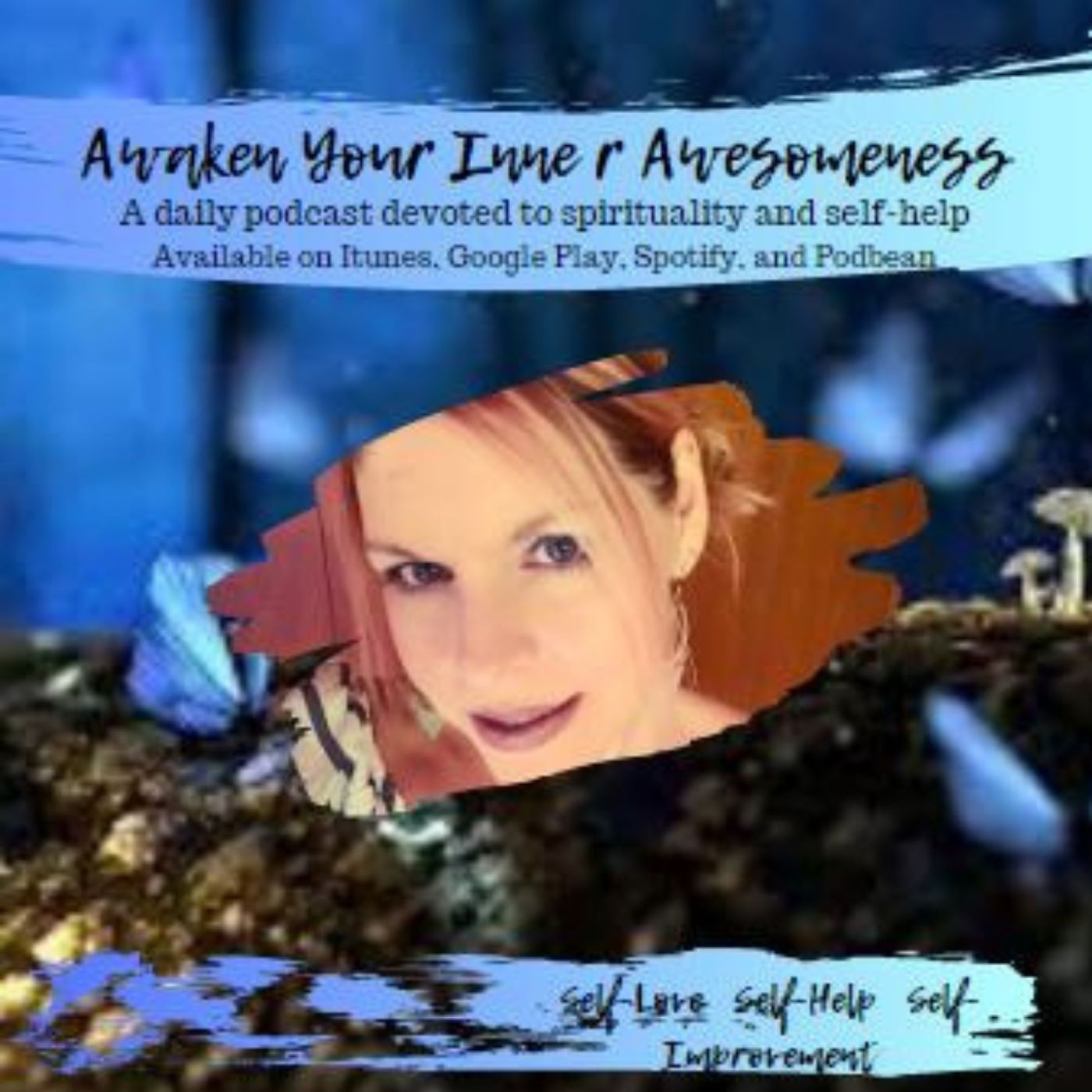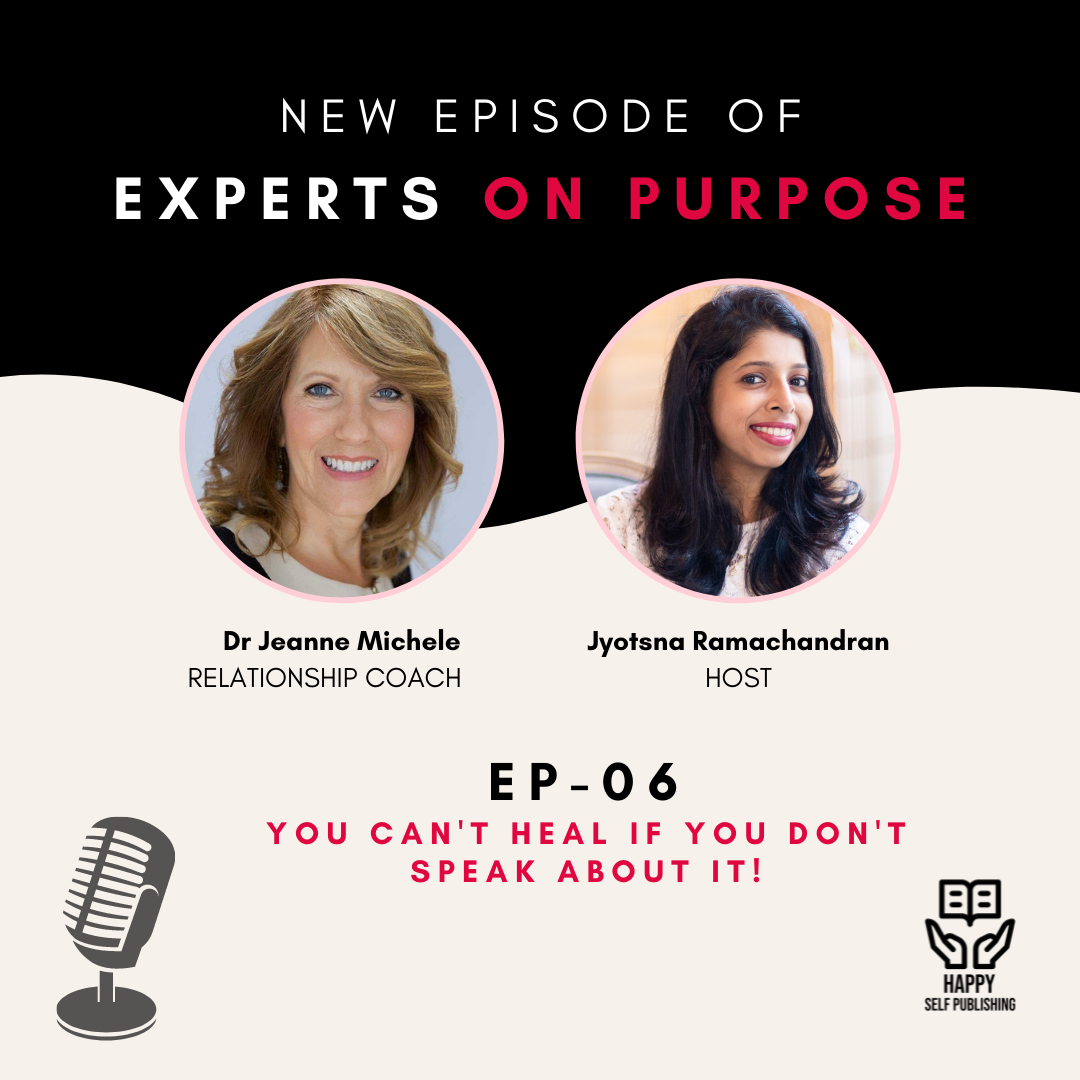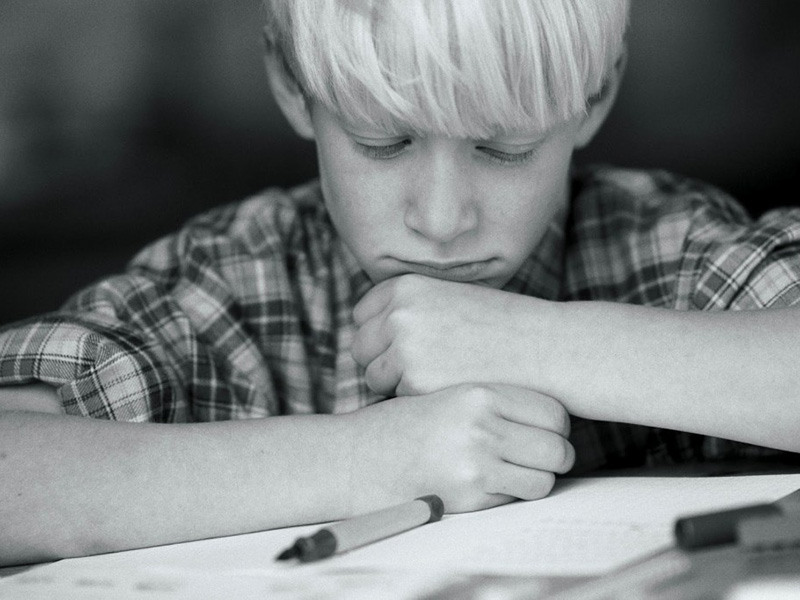 Addiction is the silent killer of relationships with kids becoming collateral damage.
Addiction is the silent killer of relationships with kids becoming collateral damage.
A glass of wine with dinner? What would a football game be without beer? A couple of pills to help ease the pain? When does an occasional respite from reality become a problem? After all, you just want to wind down a bit after work, or have some fun with your friends.
An addiction can begin subtly and rapidly assume center stage in the household.
We used to think of addiction as the alcoholic who wakes up in the morning and can’t function without taking a drink, or the drug addict whose veins are riddled with needle marks. What used to be the hallmark of addiction is now the extreme. There are many variations of how an addiction shows up. One thing for sure is that an addiction impacts the lives of everyone it touches.
Many who suffer from addictions are considered functional addicts, this is particularly true of alcoholism. One doesn’t have to drink all day, every day, to have a problem. And the seeming ability to function can throw people off, including the addict himself. And yet, deep down, he knows he has a problem. He just doesn’t want to face it, so he continues to drink, and ignore the comments of the people around him.
Alcohol abuse can be challenging to spot due to the social acceptability of adult drinking. We expect adults to drink. The hallmark of turning 21 in the United States is going out for your first legal drink. Most adult dinners and parties include alcohol. While alcoholism can be tricky to detect, some of the hallmarks of alcohol dependency are:
- Inability to stop drinking once you start
- The tendency to incorporate alcohol into every outing, including days out with the kids
- When thoughts about drinking become a preoccupation; whether to drink, abstain, or try and havejust one
- When the first thing you reach for when you get home is a drink
- When you find yourself lying to friends about your drinking, or hiding the fact that you are drinking
- When you miss work, or frequently arrive late, due to the amount you drank the night before
- When you ask your kids to lie to other people to cover up your drinking or you behavior before, during or after your drinking
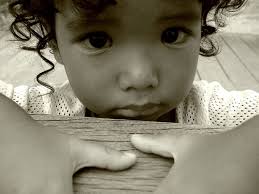 Whether you realize it or not, even if you feel better when inebriated, you are not yourself to the people around you, especially to your kids. Alcoholism impacts everyone in the family. Good people make bad choices while under the influence. Family members modify their behavior to try and not upset the drinker. Once hooked, addictions are tough to break. While some people are able to quit ‘cold turkey’ most are not. Healing involves community, and release from the silent shame suffered by the addict, and her family.
Whether you realize it or not, even if you feel better when inebriated, you are not yourself to the people around you, especially to your kids. Alcoholism impacts everyone in the family. Good people make bad choices while under the influence. Family members modify their behavior to try and not upset the drinker. Once hooked, addictions are tough to break. While some people are able to quit ‘cold turkey’ most are not. Healing involves community, and release from the silent shame suffered by the addict, and her family.
Family secrets. “Shhh, don’t tell”. Children become the secret keepers of family shame. They long for their parents’ love and approval, and are willing to do almost anything to get it, including lying to keep the parents’ secrets safe from the intrusion of the outside world. They learn that lying is an acceptable means for dealing with life challenges. (This quite often comes back to haunt parents during adolescence when it is the child’s job to begin figuring out who he is and what he stands for).
Unpredictability runs rampant in an alcoholic household. The chaotic environment contributes to problems in school as quite often sleep is compromised, particularly when the addicted party is mom, or when a child fears for one of his parent’s safety because the other parent is drunk.
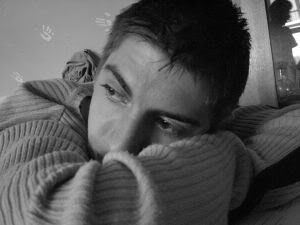 According to LiveStrong.com, “ Growing up with an unpredictable parent who is emotionally unavailable because of drinking can cause long-term damage to a child’s psychological welfare. Living with an alcoholic is traumatic for children and often leads to neglect as parents cannot control impulses and suffer from impaired judgement. Drunken parents often fail to teach or nurture their children.”
According to LiveStrong.com, “ Growing up with an unpredictable parent who is emotionally unavailable because of drinking can cause long-term damage to a child’s psychological welfare. Living with an alcoholic is traumatic for children and often leads to neglect as parents cannot control impulses and suffer from impaired judgement. Drunken parents often fail to teach or nurture their children.”
Here is a short story about alcohol as experienced by a little boy longing for connection with his drinking dad.
There once was a little boy. He looked up to his dad and wanted to be like him. But his dad drank. A lot. And he doesn’t do much with the little boy. So the little boy decides not to look up to his dad but is really saddened by this. He goes to his friends’ houses. Their dads are different. They are outside playing baseball and doing dad things with their sons. And all the little boy sees is his dad being drunk and fighting with his mom. The little boy is too young to really understand fully, but he remembers being afraid of his dad. He remembers his mother’s arms picking him up out of bed late at night and taking him to his grandma’s because his dad was coming home. So all he sees, in this man that he is supposed to look up to and be like some day, is fear. The little boy tries to put his feelings aside and just deal with his life because that’s his life and what else can he do? He goes to school and sees other families who are normal. And that’s all he wants and he doesn’t understand why he doesn’t have that so he gets mad. He acts out in school to get attention. And he feels bad. And he begins to give up on himself.
The above is an excerpt from a book being written by a young man who fell into addiction. He is working on writing and reconstructing his life so he can be the man he wants to be for his own kids. He is determined to break the cycle.
According to the National Institute of Alcohol abuse, children of alcoholics are four times more likely to develop alcohol related problems and have a higher risk of developing many other emotional and behavioral problems than kids in non-alcoholic households. Genetics and environment each play a factor in addiction. A child with an alcoholic parent experiences both.
How can we help stop the cycle of addiction and its impact on our kids?
- Education is key for the children as well as the parents.
- Kids need to know that they have rights and that it is okay to break the silence and talk with a trusted adult about what is happening at home.
- Parents need to be educated on the damage their drinking is having on their children’s development.
- The non-drinking parent needs to learn coping skills to empower themselves, encourage their children and keep the family safe. And to gain the strength to walk away if the addicted parent continues to refuse to get help.
- A great resource for dealing with all types of addictions is: http://www.addictionrecoveryguide.org.
 Schools can contribute as well. When schools have programs which teach kids about alcohol and abuse, it is easier for them to understand that what is happening is not their fault, to learn how to better protect themselves from family flare ups, and realize they have resources and that they are not alone.
Schools can contribute as well. When schools have programs which teach kids about alcohol and abuse, it is easier for them to understand that what is happening is not their fault, to learn how to better protect themselves from family flare ups, and realize they have resources and that they are not alone.
Bottom Line: Addiction impacts everyone, especially the kids. Addiction recovery is possible. All it takes is a little willingness to get started, and the desire to create a better life for you and your family. Sobriety is the healthiest choice you can make for you and your kids. If alcohol or drugs have a grip on your life, reach out for help – for you and your kids. You will be glad you did.


